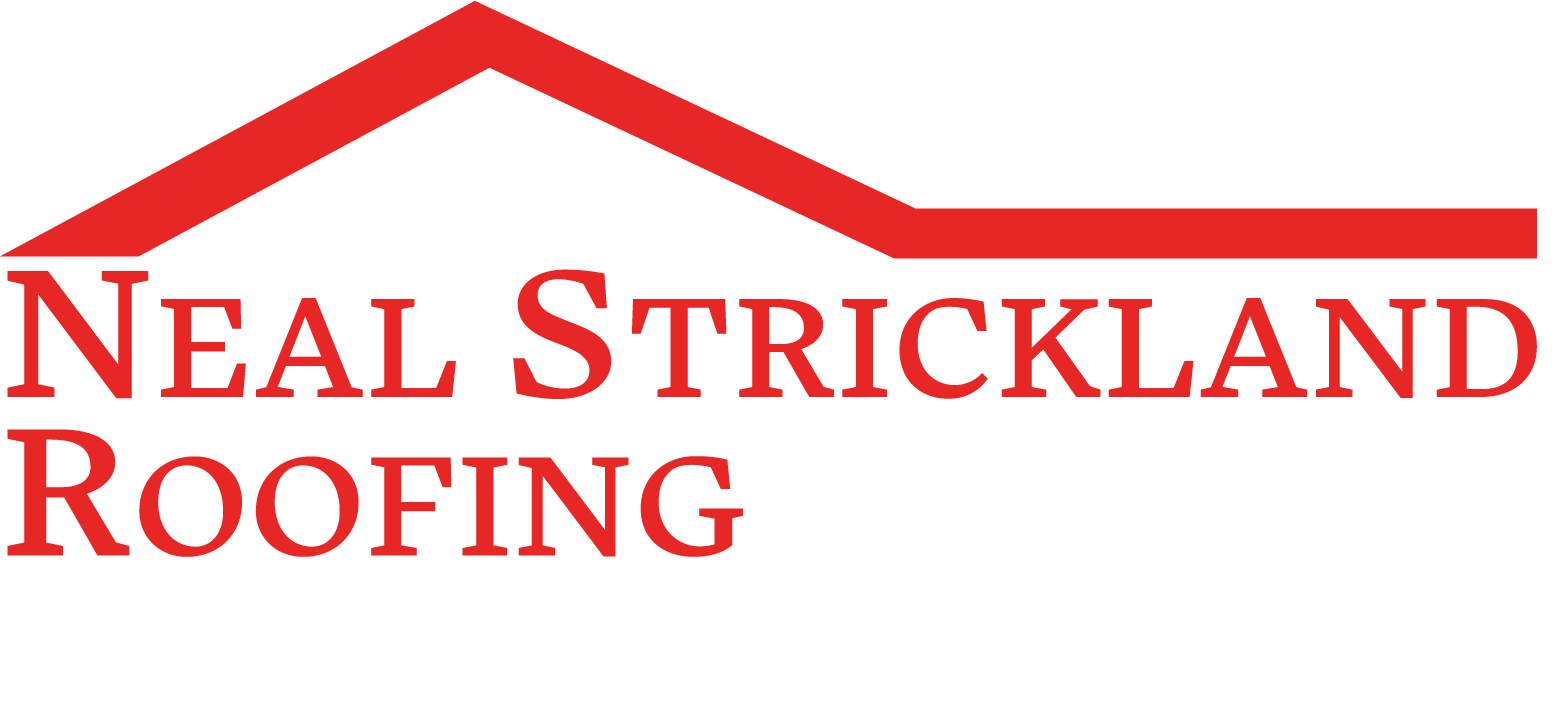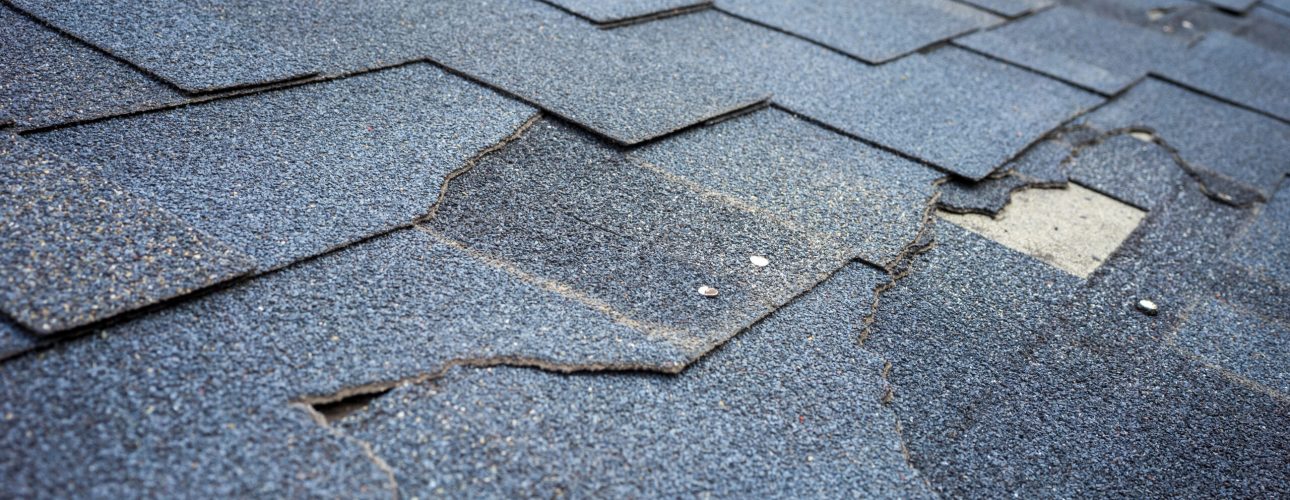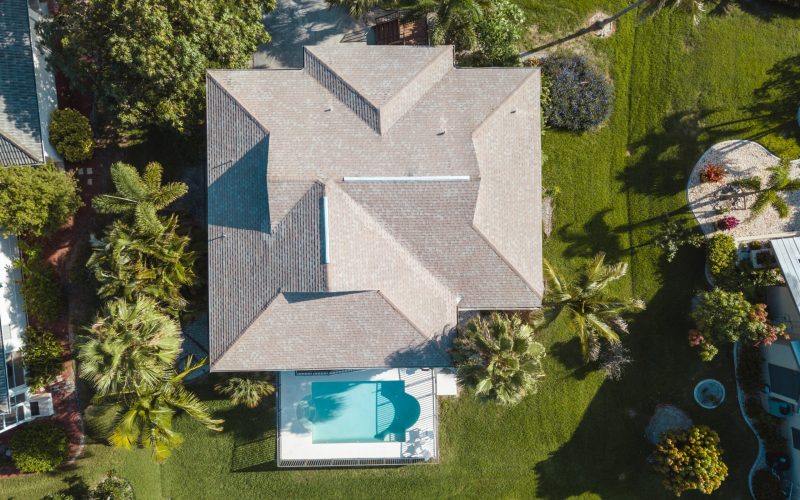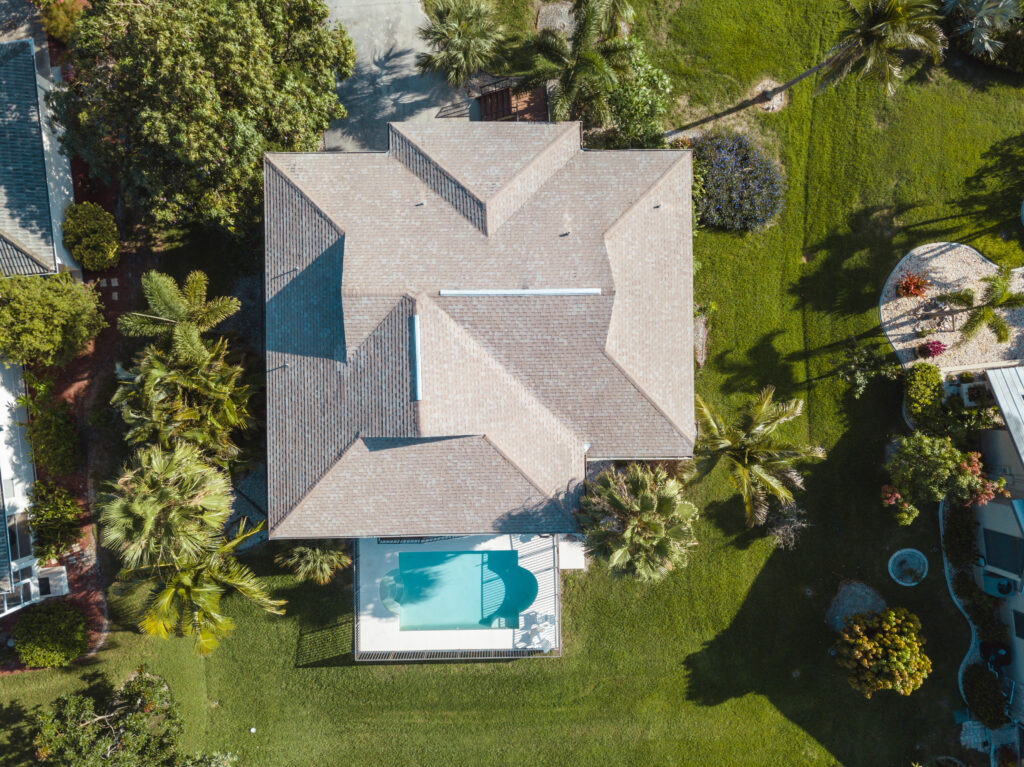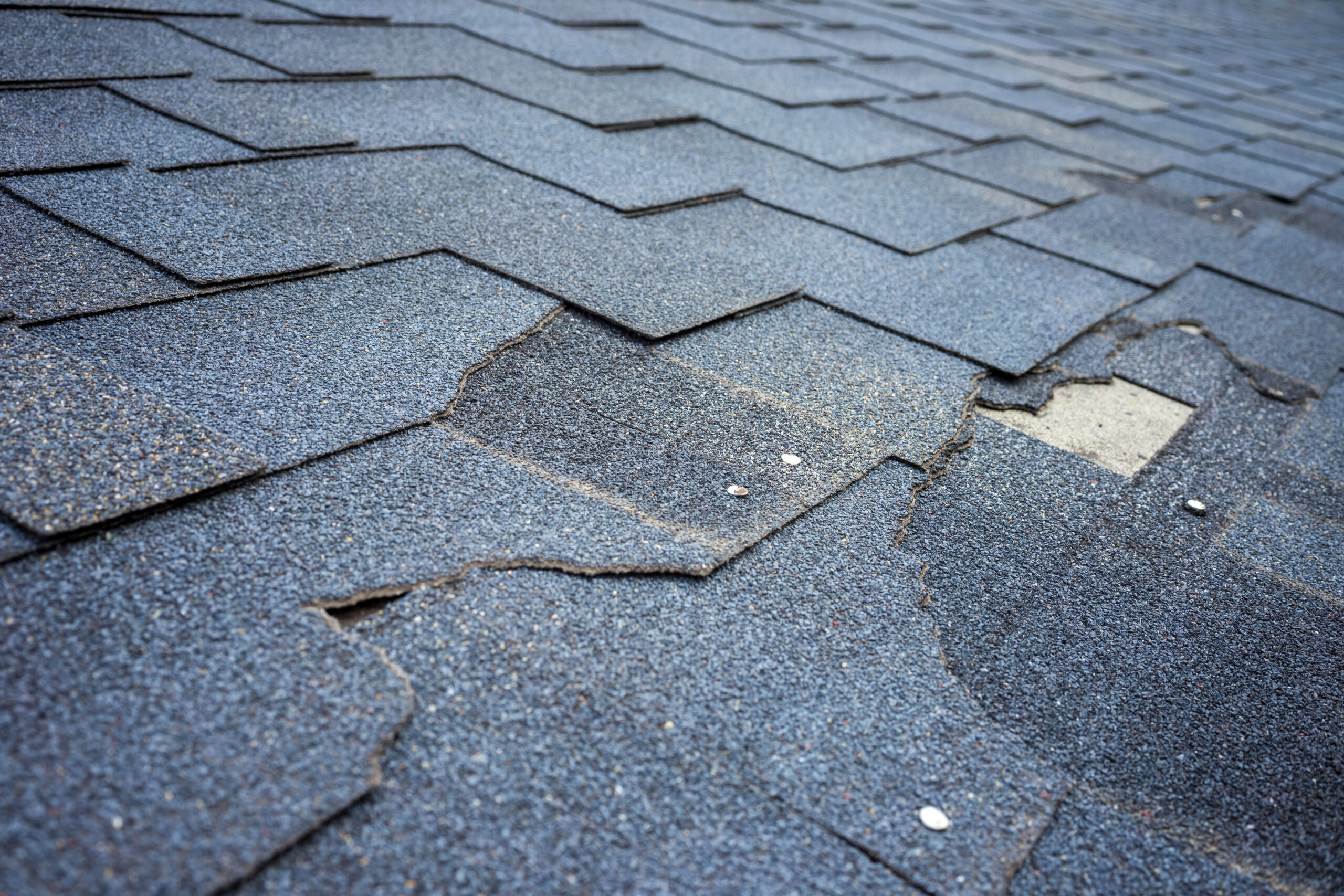
10 Ways to Extend the Life of Your Roof in Florida’s Harsh Climate
Your roof is one of the most vital parts of your home, shielding you from Florida’s intense heat, heavy rains, and unpredictable storms. Without proper care, these environmental factors can significantly shorten your roof’s lifespan, leading to costly repairs or replacements. Fortunately, with a proactive approach, you can extend the life of your roof and keep it performing at its best for years to come.
Here are 10 essential tips to help your roof stand strong against Florida’s challenging climate.
1. Schedule Regular Roof Inspections
Routine inspections are critical to catching potential problems before they escalate.
- Why It Matters: Professional inspections can uncover hidden issues like weak flashing, minor leaks, or shingle wear that might not be visible from the ground.
- How Often: Aim for an inspection at least once a year and after major storms.
A professional inspection from Neal Strickland Roofing ensures that no detail is overlooked.
2. Keep Your Gutters Clean
Clogged gutters can lead to water pooling on your roof, causing leaks and structural damage.
- What to Do: Remove leaves, debris, and dirt from gutters regularly, especially during the fall and after storms.
- Tip: Consider installing gutter guards to minimize maintenance.
3. Trim Overhanging Trees
Overhanging branches pose multiple risks, from physical damage during storms to debris buildup on your roof.
- Benefits: Trimming trees reduces the chance of branches scraping shingles or falling during high winds.
- Frequency: Check for overgrowth twice a year to ensure no branches are too close to your roof.
4. Address Minor Repairs Promptly
Ignoring small problems can lead to bigger, more expensive issues down the line.
- Common Repairs: Fixing loose shingles, sealing leaks, and replacing damaged flashing.
- Tip: The sooner repairs are made, the less chance there is for water intrusion or further damage.
5. Inspect and Maintain Flashing
Flashing, the material used to seal roof edges, vents, and chimneys, is crucial for preventing leaks.
- What to Check: Look for cracks, rust, or loosened sections.
- Pro Tip: Properly sealed flashing ensures water stays out during heavy rains, a frequent occurrence in Florida.
6. Keep Your Roof Clear of Debris
Debris like leaves and branches can trap moisture, leading to mold, rot, and shingle damage.
- How to Maintain: Regularly sweep or blow off debris, particularly after storms or the fall season.
- Safety Tip: Always prioritize safety when cleaning your roof—consider hiring professionals if necessary.
7. Ensure Proper Roof Ventilation
Poor ventilation can cause heat and moisture buildup in your attic, which may damage your roof over time.
- Why It’s Important: Proper ventilation reduces the risk of shingle deterioration and mold growth.
- How to Check: Have a professional assess your roof’s ventilation system to ensure it’s functioning effectively.
8. Protect Your Roof from Algae and Mold
Florida’s humid climate makes roofs prone to algae, moss, and mold growth, which can degrade materials and reduce energy efficiency.
- Solution: Apply an algae-resistant treatment or install algae-resistant shingles.
- Pro Tip: Regular roof cleanings can also help prevent unsightly stains and maintain your roof’s longevity.
9. Invest in High-Quality Roofing Materials
Not all roofing materials are created equal, and the harsh Florida climate demands durable, weather-resistant options.
- Top Choices:
- Metal Roofing: Reflects heat, resists rust, and withstands high winds.
- Tile Roofing: Long-lasting and naturally insulating.
- Asphalt Shingles: Affordable, but consider higher-quality, impact-resistant varieties for better durability.
10. Prepare Your Roof for Storm Season
Hurricane season in Florida is no joke, and preparing your roof beforehand can prevent costly damage.
- Steps to Take:
- Inspect for loose or missing shingles.
- Reinforce flashing and other vulnerable areas.
- Clear gutters and trim nearby trees.
